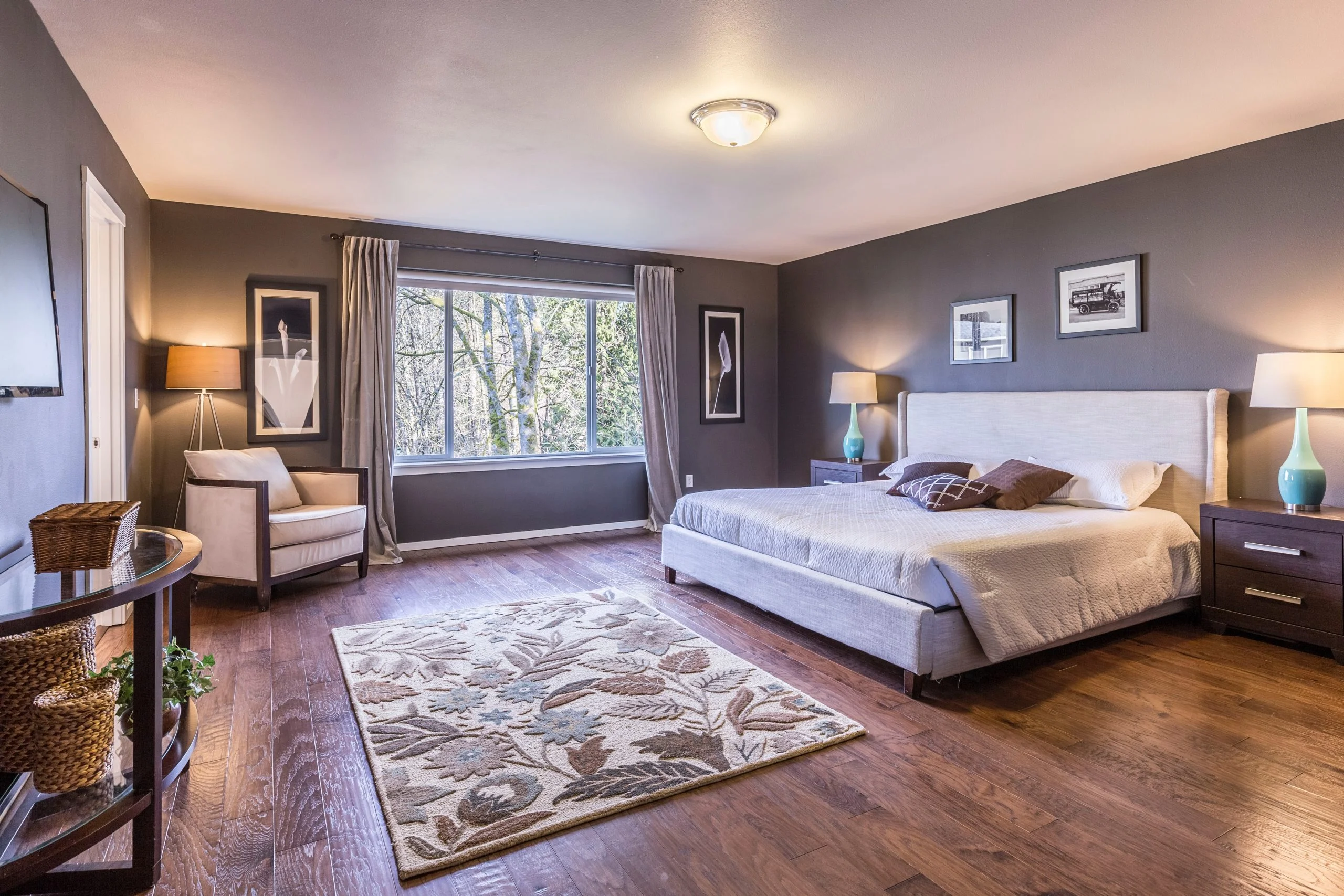With more homes being built in high noise locations, such as near rail lines and under flight paths, problems with external noise intrusion are becoming increasingly common. Secondary glazing is the most effective and affordable way to soundproof your windows and keep unwanted noise out, preserving peace and quiet in your home.
Studies have shown just 65 dB of noise can be problematic, while levels between 70-125 dB can be painful (a passing motorcycle may reach 100 dB), or above that, outright unbearable.
The extra ‘barrier’ provided by noise reducing secondary glazing can reduce noise levels dramatically by up to 80% or the equivalent of 54dB. This window soundproofing effect reduces traffic noise from a roar to a whisper.
So how do you soundproof your windows? Here are some points to consider:
1: The air gap
Aluminium secondary glazing involves installing a discreet internal window in addition to an existing single, double or triple-glazed window.
The air gap between the existing glass and the new secondary glazing panel creates an additional ‘insulation barrier’, preventing sound from passing through. The larger the air gap, the better the noise reduction performance.
When correctly fitted, sealed and set the optimum distance from the internal face of the primary window, noise levels can be reduced by up to 80% or 54dB.
The size of the air gap can vary depending on factors such as window design and the desired reduction in noise levels. Typically, the air gap is set between 100mm to 200mm.
For the best acoustic performance, secondary glazing is installed with a 150mm to 200mm gap from the main window. Blinds and ornaments can still be displayed on the windowsill as secondary glazing is slimline and unobtrusive.
Where this gap cannot be achieved or for more challenging noise sources, acoustic laminated glass offers significant benefits.
2: Types of glass
Glass thickness is important, but not as much as the air gap. Excellent results can be achieved with standard 4mm glass and a 150mm air gap, leading to a 48dB sound reduction.
For optimum performance in particularly noisy environments, consider using 6.8mm Acoustic or 6.4mm Laminated glass. These thicker panes offer greater noise dampening benefits due to their ability to block different wave lengths of sound.
Acoustic laminated glass, with its acoustic Polyvinyl Butyral (PVB) interlayer that absorbs the sound, offers enhanced sound insulation that can reduce noise levels by as much as 80% (54 decibels).
3: Decoding decibels
Decibels matter! The more barriers there are to external noise, all the better for a quieter home. That’s why the nature of secondary glazing delivers a three-pronged defence against unwanted noise.
Any sound would need to first penetrate the glazing within the primary window before passing through the air gap to the secondary unit, then finally cross through the secondary glazing itself. It is this ‘triple barrier defence’ that makes secondary glazing such an effective, yet virtually invisible, noise reduction tool.
Granada Glazing’s entire range is extensively tested to ensure that is offers the best possible levels of noise reduction to homeowners. Hinged units in particular can offer a reduction of up to 54 decibels when paired with acoustic glazing.
For comparison, this noise reduction could mean the difference between sitting in silence and sitting in a room where traffic, rainfall and building works can still be heard.
4: What’s the cost?
While you can’t put a price on peace and quiet, achieving it with secondary glazing is more affordable than you think. Compared with the cost of replacing singe-glazed windows (especially for listed buildings and those in conservation areas), the addition of secondary glazing is the most cost-effective and efficient solution for cutting out external noise intrusion.
Every project is different, so if you are considering soundproofing your windows please get in touch with our friendly team.
If you’re interested in finding out how secondary glazing can soundproof your windows, contact Granada on 01909 499899 or email info@granadaglazing.com
Download this handy guide to find out how secondary glazing can positively impact your home.
